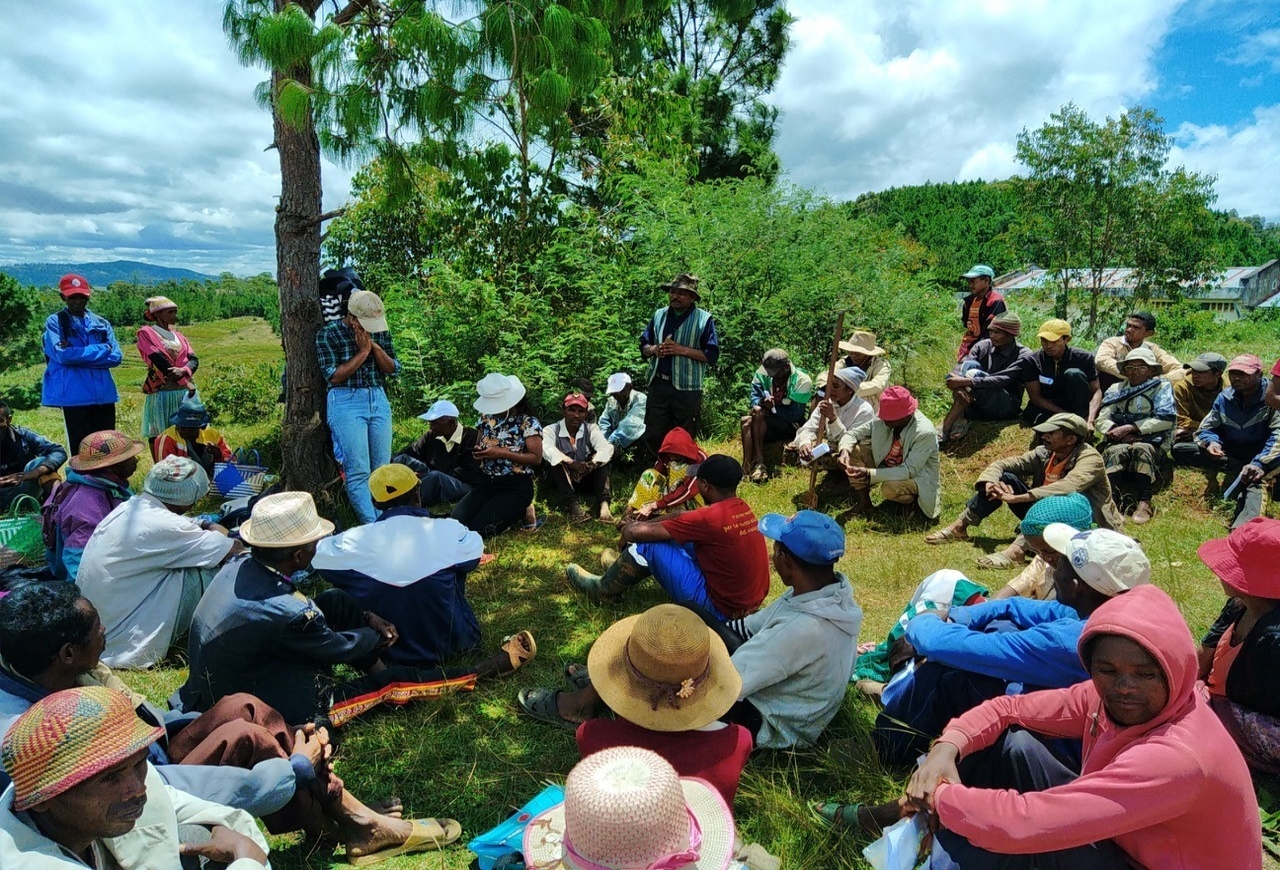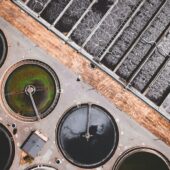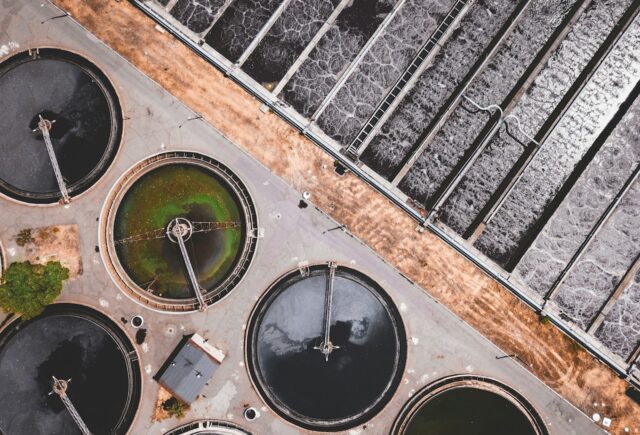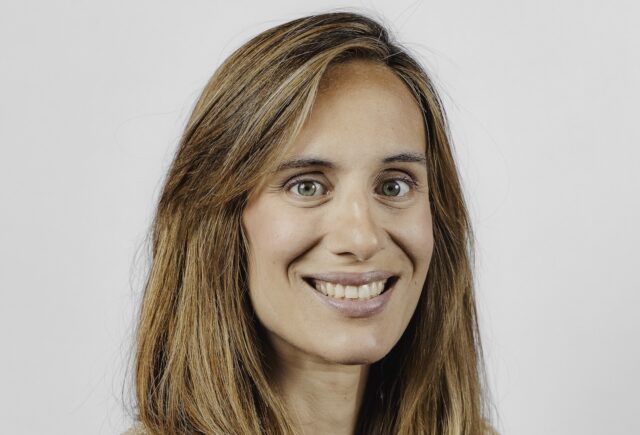The Paris-based asset manager said funding from private and corporate investors in nature-based solutions was accelerating, as they recognised the importance of decarbonising activities beyond their own value chains.

Sustainable asset manager Mirova said it had made three nature-based carbon investments adding up to $40m (€35.6m) in Argentina, Costa Rica and Madagascar, having raised a total of more than £350m for the theme from investors since 2020.
Mirova, which is part of the Natixis group, said its nature-based carbon investments strategy aimed to support projects to protect and restore nature, mainly in emerging markets, as well as supporting farmers to transition to regenerative agriculture. It generates income for investors and local communities via the creation of carbon credits, as well as seeking to improve livelihoods and promote gender equality.
Investors in the carbon strategy are mostly large corporates, including Kering, Orange, L’Occitane and Capgemini.
Investor appetite
Gautier Quéru, managing director, natural capital at Mirova said the asset manager was seeing an acceleration in funding from private and corporate investors who were increasingly recognising the importance of decarbonising activities beyond their own value chains, as well as within them.
“We are proud to present three new investees that promise to deliver strong positive impacts on both environmental and social fronts, while also offering attractive return potentials,” he said.
In Argentina, Mirova has invested in the Juramento project developed by Sothys, a collaboration between Athys Recovery Services and Swiss-based Sofia Commodities. Athys is a French project developer specialising in the restoration of highly degraded land, while Sofia is an agribusiness that owns farmland across South America.
This project aims to restore and reforest some 3,000 hectares of severely degraded land in the Argentinian section of the Gran Chaco region that was previously cleared for intensive agriculture and cattle ranching. It plans to restore native vegetation, improve soil health and enhance local biodiversity. Through reforestation, the project seeks to sequester over 2.8m tons of CO2 over the next 40 years.
Xavier Richard, CEO of Athys said the project would adopt a holistic environmental and social approach, working with communities and partners who share the same ambition.
Improved livelihoods
In Costa Rica, a carbon removal initiative aims to restore 30,000 hectares across the three regions of Guanacaste South, Guanacaste North, and San Jose and Puntarenas.
It is being developed by rePlanet, a UK-based company which funds ecosystem restoration and protection globally using carbon and biodiversity credits. The company commits to paying a minimum of 60% of the revenues received from credits it sells to local stakeholders.
This project is expected to generate at least 5.2 million carbon credits over the next four decades by integrating regenerative cattle grazing with large-scale reforestation.
Local farmers will be supported in adopting sustainable agricultural practices that improve productivity, while also restoring degraded land. Mirova said there should be significant biodiversity co-benefits, and improvements in the livelihoods of local communities through the income from carbon credit sales.
Finally, in Madagascar, a project led by French-based iTeraka aims to reforest 6,000 hectares of degraded land in rural areas of central and eastern Madagascar.
The community-led initiative involves planting 3 million trees over the next eight years. It will also provide training and financial support to smallholders for reforestation on their land. The aim here is to sequester some 1.5 million tons of CO2 over 30 years. It will also support over 15,000 farmers, particularly women and youth, in retaining ownership of the planted trees and their products.
iTeraka uses a smartphone-based monitoring platform to produce high integrity carbon credits and measurable SDG impact, while returning 70% of net revenue to smallholders via mobile money, according to the company.
In February, Mirova said it had secured commitments of nearly €100m for its second sustainable land fund, which is on track to reach as target size of €350m by the end of 2025. Investors in that fund include Abeille Assurances, Allianz France, and BNP Paribas Cardif. More recently, the asset manager provided the majority of a total $7.9m investment in a hazelnut-growing business in Bhutan, which is one of that country’s most important economic drivers.






